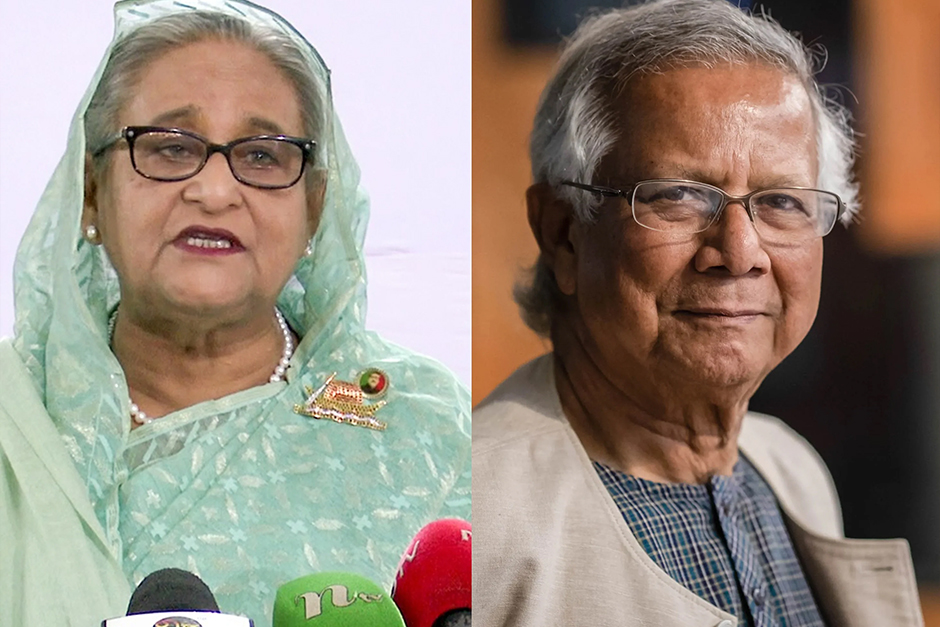Bangladesh, India’s eastern neighbour, finds itself at the cusp of a potentially transformative political era, marked by a meticulously laid-out roadmap for democratic restoration. Following a period of intense political flux and public demands for systemic change, a caretaker administration led by Nobel laureate Professor Muhammad Yunus has taken charge. This interim government has unveiled a comprehensive plan, pledging a national referendum and general elections in February 2026, with its mandate firmly anchored in the principles of the newly drafted July Charter. The developments are being closely watched in India, given the shared borders, cultural ties, and strategic interests in a stable and democratic Bangladesh.
The Yunus Interim Administration: Stabilisation and Reform
The ascendancy of Professor Muhammad Yunus, renowned for his pioneering work in microfinance, to lead Bangladesh’s interim government marks a pivotal moment. His administration has been tasked with steering the nation through a delicate transition, ensuring political stability and laying the groundwork for genuinely free and fair elections, a core demand that escalated after the contentious January 2024 polls. The interim setup’s primary objective is to de-escalate political tensions, rebuild public trust in democratic institutions, and implement reforms necessary for a level playing field.
Upon assuming office, the Yunus administration quickly moved to address the immediate political paralysis and widespread public discontent. Their mandate is not merely to hold elections but to fundamentally reform the electoral process and governance structure, ensuring accountability and transparency. This involves a delicate balancing act of managing existing political forces while introducing new frameworks designed to prevent future crises. The international community, including key allies like India, has expressed cautious optimism regarding this new phase, hoping it paves the way for a robust and inclusive democratic future for Bangladesh.
Referendum and General Elections: A New Democratic Timetable
The announcement of a two-stage democratic process – a national referendum followed by general elections in February 2026 – provides a clear timeline for Bangladesh’s political future. The referendum, slated to precede the general elections, is intended to seek the people’s mandate on crucial constitutional and governance reforms outlined in the July Charter. This approach suggests a commitment to popular sovereignty in shaping the nation’s political architecture before a new elected government takes office. The specific questions to be put before the electorate in the referendum are expected to focus on electoral system changes, the powers of future caretaker governments, and fundamental rights provisions.
The decision to hold general elections in February 2026, allowing over a year for preparatory work post-referendum, underscores the complexity and magnitude of the reforms envisioned. This extended timeline is crucial for electoral roll updates, constituency delimitation, the implementation of new electoral laws, and ensuring all political parties have adequate time to organise and campaign under a reformed system. For India, a stable Bangladesh with a democratically elected government is paramount for regional security, trade, and managing cross-border issues effectively. The prospect of transparent elections strengthens regional stability and cooperation.
Decoding the July Charter: Blueprint for a New Bangladesh
At the heart of Bangladesh’s ongoing political transition lies the July Charter, a foundational document developed through extensive consultations with civil society, legal experts, and various political stakeholders. This charter is more than just a political agreement; it is envisioned as a comprehensive blueprint for democratic governance, aiming to address the systemic weaknesses that have plagued the nation’s political landscape for decades.
Key provisions within the July Charter are understood to include robust mechanisms for ensuring free and fair elections, strengthening the independence of institutions such as the Election Commission and the Anti-Corruption Commission, and enhancing checks and balances on executive power. It reportedly proposes reforms to the parliamentary system, potentially revisiting the role of a neutral caretaker government during election periods, a system that has historically been a point of contention.
Furthermore, the charter is expected to emphasise human rights protection, freedom of expression, and measures to foster an inclusive political culture. Its endorsement through a national referendum would lend it significant popular legitimacy, providing a strong mandate for subsequent constitutional amendments and legislative actions. As a prominent Bangladeshi political analyst, Dr. Rahman Khan, recently observed, “The July Charter represents not just a set of reforms, but a profound aspiration for a Bangladesh built on genuine democratic principles. Its success hinges on the collective will to uphold its spirit, beyond the interim period.”
The journey ahead for Bangladesh under the Yunus interim administration, guided by the July Charter and leading to the February 2026 elections, promises to be challenging yet potentially transformative. It is a critical period that will test the resilience of Bangladesh’s institutions and the commitment of its political actors to a shared democratic future. For India, a thriving, democratic, and stable Bangladesh remains a cornerstone of its “Neighbourhood First” policy, vital for regional prosperity and peace.




